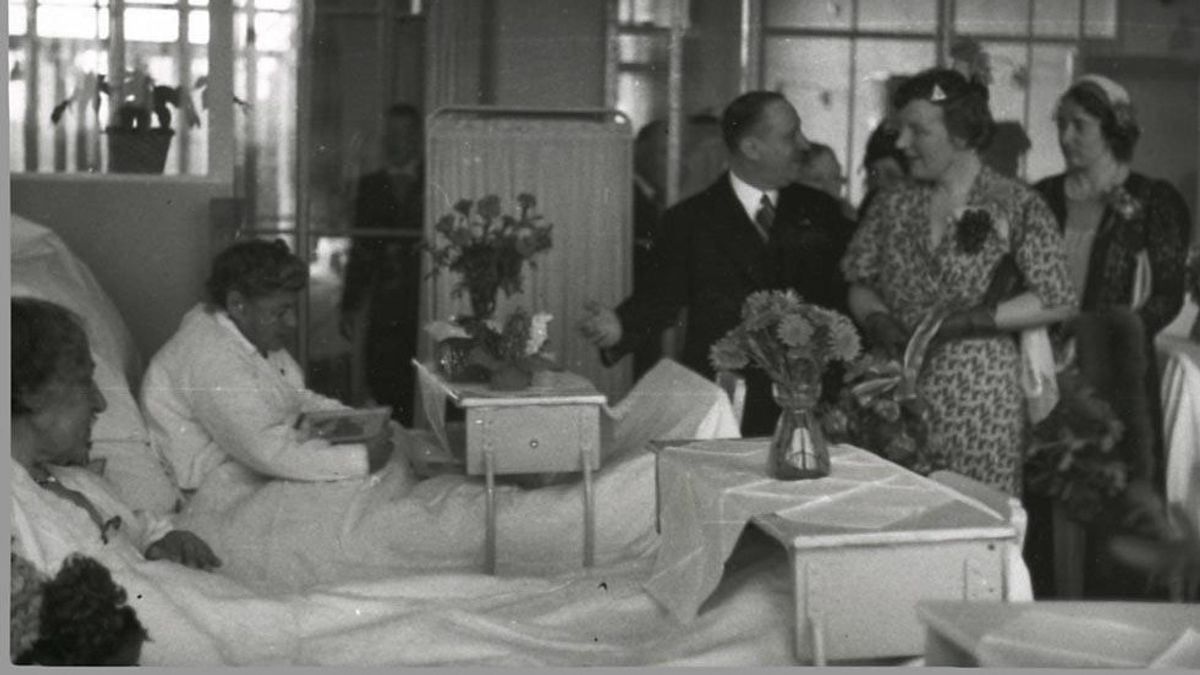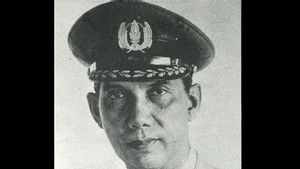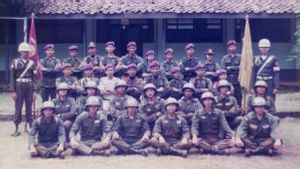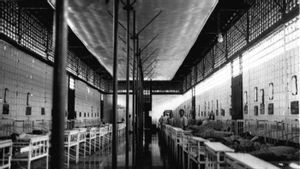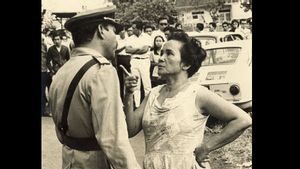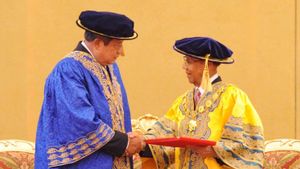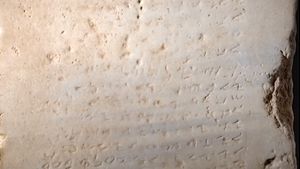JAKARTA - The enforcement of religious values was an important matter for the Dutch colonialists. The Dutch trading company, the VOC, often even severely punished blasphemers. On the other hand, the Netherlands also cares about humanitarian affairs. The elderly, poor Christians, either the Dutch or the natives are their dependents. A number of nursing homes were established to ensure the life of the elderly.
The presence of the VOC became the determinant of Dutch colonialism in the archipelago. The most memorable trace of the VOC is the conquest of Jayakarta in 1619. Batavia (Jakarta) was born after that. The conquest was not only long-lasting known as the initial phase of the spice monopoly in the archipelago but also opened the veil of the barbarity of the VOC soldiers to the bumiputras.
The soldiers behaved badly. The low level of education is the cause. Even in their home countries, many soldiers were not from high social strata, such as nobles. They are often caught committing crimes, drinking, and adultery.
The series of uncivilized treatments began to unsettle the VOC officials. The Governor-General of the VOC who had served twice (1619-1623 and 1627-1629) Jan Pieterszoon Coen was furious. He took tough action. The devout Calvinist then set up a mission to eradicate all religious blasphemers in Batavia.
No kidding. Coen to apply the death penalty. As for the way to try him, among others, immersed in a barrel filled with water, hanged, until he was strangled to death. The sentence was given to VOC soldiers who violated moral values that could not be forgiven.

“That's why Coen in his first years as governor-general tried to change the 'scandalous life' in the VOC trading offices in Indonesia, into the life of a civilized society. One of them was to bind all those living in the Republic of Jacatra or under the control of the VOC. Coen forbade having one or more slave girls, one or more concubines, in one's own home or elsewhere for any reason,” said Jean Gelman Taylor in the book Social Life in Batavia (2009).
For Coen, there is no compromise for blasphemers. During his tenure, Coen always made improvements to the enforcement of punishments for blasphemers. The regulation, which previously only targeted VOC soldiers, was later extended by Coen to anyone with any position. Including targeting VOC officials, was no exception.
Those who are guilty must be brought to justice. This step was taken by Coen so that the Dutch in the colony could inherit all the blessings given by God. As a result, the colony was filled with Dutch people who in fact inherited the banners of decency and piety.
“From the beginning, the VOC did apply strict rules against sex offenses, and even tended to be cruel. For them, sexual violations are considered taboo. Not only that, but they are also trying to eliminate the spirit of 'homeless' and 'obscenity' that surrounds the community around the Batavia fort.”
"Coen's regulations regarding concubines and several cases of poisoning by women of Asian blood, either because they were forced to confess or were persuaded, testify to the atrocities of these regulations," wrote Achmad Sunjayadi in the book [Bukan] Tabu di Nusantara (2018).
Build a nursing home

The implementation of religious values is not only about enforcing punishments for blasphemers. In reality, the VOC also often promoted humanitarian affairs. This matter was used by the VOC as a means to help others. They moved quickly to help the poor in Batavia, especially the elderly. Concern for the poor is adopted from the rules that apply in the Land of the Windmill. They built many shelters for the poor. Nursing homes, for example.
Then the nursing home became an indispensable facility in Batavia since the VOC established its power. Nursing homes are usually built in a building complex with orphanages. They argue, the unification is so that services can be carried out optimally. The construction of nursing homes was also promoted as a means of helping the lives of the Dutch elderly or poor Bumiputra Christians.
Even so, the benefits of nursing homes do not touch all Bumiputra elderly. The construction of nursing homes is considered discriminatory. This is because the elderly who come from belief systems other than Christians cannot access nursing homes. The only way to access it is to change beliefs. In the sense that the elderly must become members of the church. In this way, the elderly have life insurance.
“The house or orphanage is intended to accommodate the 'inner' group of poor people, namely those who receive benefits, but are allowed to live in the shelter or orphanage. In 1684, the Supreme Government (VOC) stopped providing compensation to the poor 'outsiders,' or those living in their respective homes. Actually, not many people support the policy of accommodating the poor in an orphanage.”
“Most of the poor are given a small monthly allowance and are required to take care of themselves. From the books of the Diakoni Council (church council) in the 17th century, it turns out that the council always helped the poor by giving them alms and rice rations every month,” explained Historian Hendrik E. Niemeijer in the book Batavia Masyarakat Kolonial Abad XVII (2012).

The traces of the VOC's concern for the poor elderly in fact inspired the Captain of China, Phoa Beng Gan. He wanted to build something similar. However, the famous Chinese philanthropist did not just set up an orphanage for orphans and the elderly in one complex. Phoa Beng Gan actually appeared revolutionary by placing all these facilities in the first Chinese hospital complex in Batavia and the archipelago.
It is recorded that Phoa Beng Gan built a hospital named Yangju Yuan in 1640. It was only after that an orphanage for the orphans and the elderly was built in the same complex in 1646. Most interestingly, the hospital has facilities that are far more complete than the hospital-owned Dutch people. Moreover, the nursing home facilities.
“A shelter for the elderly and sickly Chinese was built in 1646 near Spinhuis (a shelter for prostitutes). The building is surrounded by stone walls and has good rooms for the sick, orphans, and those who can no longer make a living.”
“All Chinese performers or fireworks performers who want to get married or bury bodies are required to donate some money to the caretaker of the shelter. Several wealthy Chinese made sizable donations to the institution as well. Two Chinese and two Dutch were superintendents of the institution. Orphans are fed until they grow up. Because they have no income, the shelter can only rely on charity,” concludes Bernard Dorleans in the book Orang Indonesia & Orang Prancis: Dari Abad XVI sampai dengan Abad XX (2006).
*Read other information about the DUTCH COLONIAL PERIOD or read other interesting articles from Detha Arya Tifada.
Other MEMORY
SEE ALSO:
The English, Chinese, Japanese, Arabic, and French versions are automatically generated by the AI. So there may still be inaccuracies in translating, please always see Indonesian as our main language. (system supported by DigitalSiber.id)
